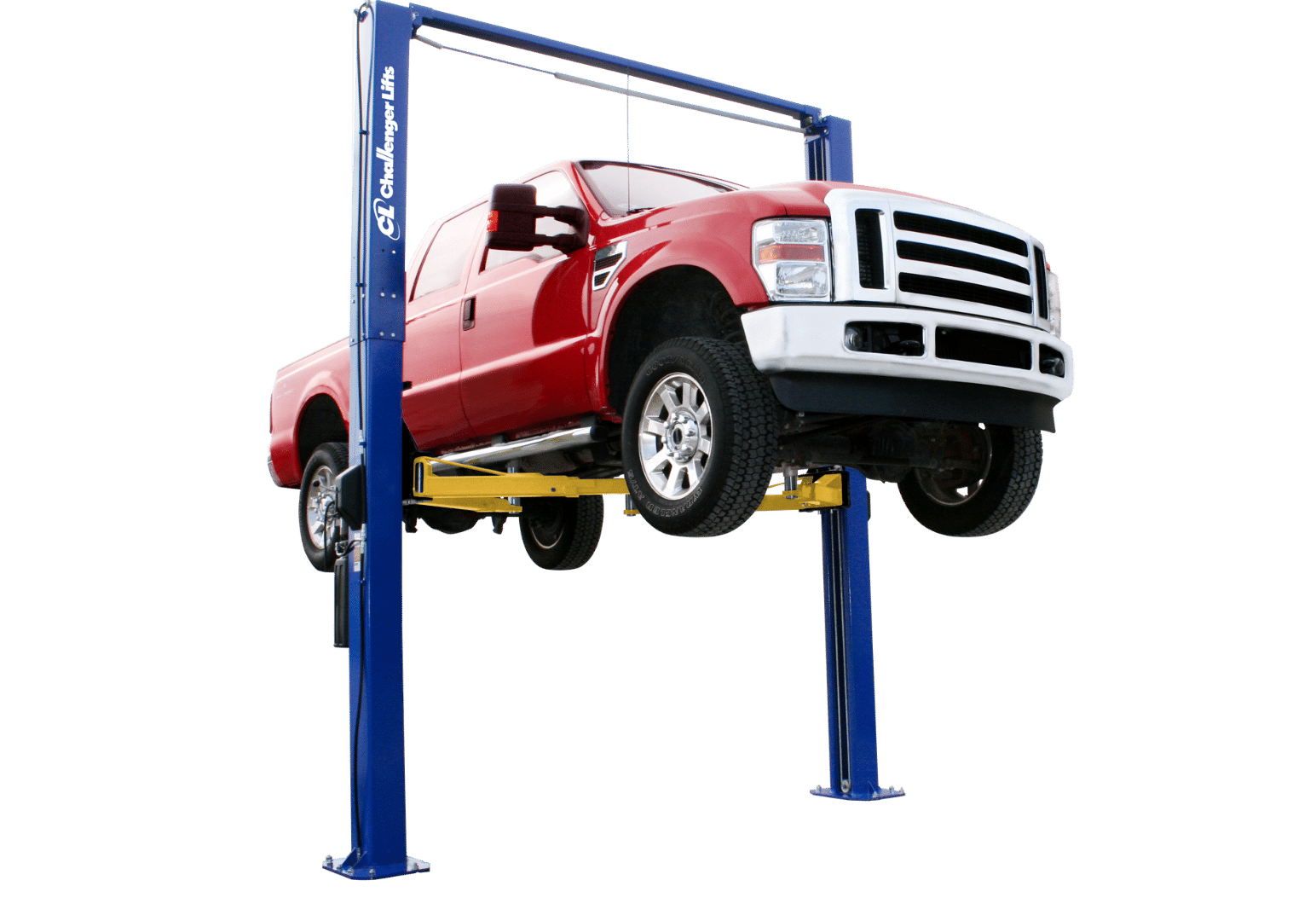Review of new Tesla sparks debate after writer claims problems with autopilot

A critical review of the Tesla Model Y has caused a stir on social media, where many are complaining that the car, in its current state, should never have been sent to market. Others – especially fans of Tesla and, more specifically, the company’s CEO, Elon Musk – have rushed to defend the car and, by proxy, the CEO.
The debate began when Tim Stevens, an automotive journalist, released a review of the Model Y on CNET’s Roadshow vertical. The review is titled “2021 Tesla Model Y review: Nearly great, critically flawed.”
Unlike other car reviews on the site, Roadshow actually entered into a two-year lease to give the car an extensive analysis over the course of a full lease period. Stevens intends to give the car multiple reviews over the lease period, accounting for changes that may be made to the Model Y over the course of two years.
“The Model Y is a phenomenal achievement in many ways, a great blend of range and practicality and even performance mixed with a suite of unique features that are as useful as they are distinct. But, as it stands, you absolutely should not buy one,” he wrote, before elaborating.
His criticisms included safety concerns – like having to take his eyes off the road to read certain information on the Model Y’s 15 inch central display, which stands in place of a traditional gauge cluster – to more aesthetic complaints, like the SUV’s white interior option. He also noted that the vehicle’s $10,000 premium to upgrade to a Full Self-Driving package was so steep the Roadshow writers would likely never have a chance to sample it for review.
Stevens praised the Tesla’s range and acceleration, but his primary gripe was with the car’s active safety systems.
The writer describes that on a near hourly basis, the 2021 Tesla Model Y would engage its autopilot emergency brake.
“Basically, the car often gets confused and thinks there’s an obstacle ahead and engages the automatic emergency braking system. You get an instant, unwanted and often strong application of the brakes. This is not a problem unique to Teslas,” he wrote. “I’ve experienced it on other cars, but very, very rarely. On our Model Y this happens constantly, at least once an hour and sometimes much more often than that. In a single hour of driving I caught five phantom braking incidents on camera, two hard enough to sound the automatic emergency braking chime.”
Stevens theorised that a decision to remove radar from the Tesla Models 3 and Y in preference of the Tesla Vision optical sensor was to blame for the phantom braking. He ultimately calls the car “unsafe” as a result.
On Twitter, Stevens said it was the “first time in my automotive career I’m outright recommending you do not buy a car.”
His review rankled some fans of Musk and Tesla, prompting one to accuse the journalist of taking money from Ford or Volkswagen in exchange for a bad review.
“@elonmusk, what’s your guess on how much @VW and @Ford paid Tim Stevens to do this review on the Model Y?” one Twitter user said, delving into conspiracy theories.
Another user with “SpaceX” in their name jumped in to defend the car, calling the author “Timmy” and suggested he turn off the autopilot feature of the $70,000 car whose primary selling point is its self-driving technology in order to avoid phantom braking incidents.
Mr Musk has not acknowledged or responded to the review.
Stevens anticipated blowback and shared his review alongside a tweet-thread explaining his many years writing about not only cars, but about Teslas, pointing out that he had given many of Mr Musk’s vehicles glowing reviews in the past.
“Anyhow, just wanted to throw some context in there so that if you choose to attack me for recommending against the Model Y you can know without doubt that it isn’t me who’s biased,” he wrote.
Read More
Sun unleashes solar storm that could affect power grid and satellites
China to build space travel reactor ‘100 times stronger than Nasa’s’
Algorithm helps find 366 new and undiscovered planets
Sun unleashes solar storm that could affect power grid and satellites
China to build space travel reactor ‘100 times stronger than Nasa’s’








